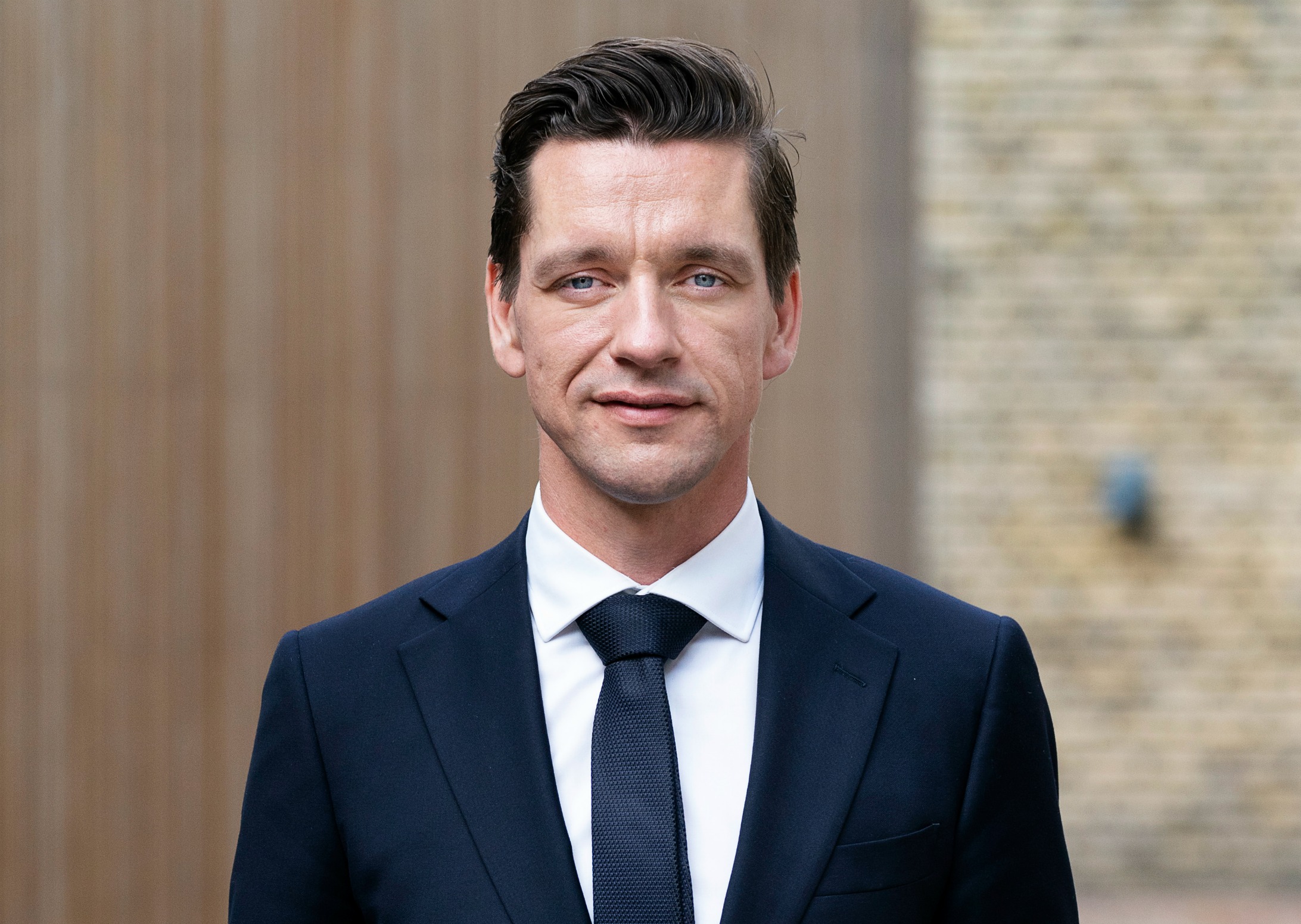Marine biologists are happily reporting that tuna, which hasn’t been seen in Danish waters since the 1950s, may be making a comeback. During its heyday, some 2,000 tonnes of bluefin tuna were landed in Danish waters every year.
One sailor reported seeing tuna during a fishing trip off the north Zealand coast in early August. And although conclusive evidence has yet to be produced, Jens Peder Jeppesen, a marine biologist and head of Øresundsakvariet, has no doubt the fish is making a comeback.
“Of course they are here,” Jeppesen told Metroxpress. “I have no doubt.”
Overfished
While no-one is sure why tuna disappeared from Denmark’s coasts, overfishing was definitely part of the problem.
“Back in the 1960s and 70s, herring and mackerel were also depleted to almost zero,” said Jeppesen. “The same kind of human greed is probably also responsible for the tuna disappearing.”
Now that herring and mackerel populations have rebounded, Jeppesen believes it is only natural that tuna will return.
Because tuna is such ferocious predator, their return is a signal that Danish waters are recovering enough to support a food supply for the fish that is nicknamed the ‘sea wolf’ thanks to its prodigious appetite.
“It is a sign that the environment in the sea is recovering,” said Jeppesen.
An unwanted guest
Meanwhile, another far less welcome type of fish, the round goby, is also establishing a foothold in Danish waters. Since it was first spotted in 2008, numbers of the invasive species have exploded.
“It is the most significant invasive species we have experienced in Danish waters,” Peter Rask Møller, an associate professor at the Natural History Museum at the University of Copenhagen, told Videnskab.
“It has already become the dominant species in off southeastern Denmark.”
The fish was first spotted around Bornholm in 2008 and has increased its habitat by about 30 kilometres per year since.
A native of the Black and Caspian Seas, the goby does very well in the brackish waters of the Baltic region.
A big eater
Researchers are now warning that the goby is very hardy and adaptable and will most likely adjust very easily to life in the North Sea as well.
“If it migrates through the inner Danish waters and the North Sea, it will be a big problem,” said Jane Behrens, a researcher from DTU Aqua. “It will have access to rivers and streams where it could eat, among other things, salmon eggs.”
Behrens said that experiences with the goby from other countries show it could be devastating to the valuable mussel fishery at Limfjorden.
Gobies eat both fish and their food and can wipe out local populations quickly.
“They are territorial, attack other species, eat their eggs and defend their area of seabed reasonably effectively,” said Møller. “They also spawn up to six times a year, so they can increase their numbers in new areas quickly.”
Eat more goby
A researcher contends that the best solution to the goby problem is simply to eat them. A lot of them.
“In my view, the best solution is a good use of nature,” said Behrens. “We must establish a fishery for them and simply eat them away.”
Behrens said that the goby is not only a good choice for humans, but they could also be used as animal feed and thus be fished down to a “more sustainable level”.
She also said that programs are being discussed among the Baltic countries to establish best practices to slow down the spread of the goby.
“We need to create a program where catches of the fish are reported so we know where they are and can work to control the spread,” said Behrens.













